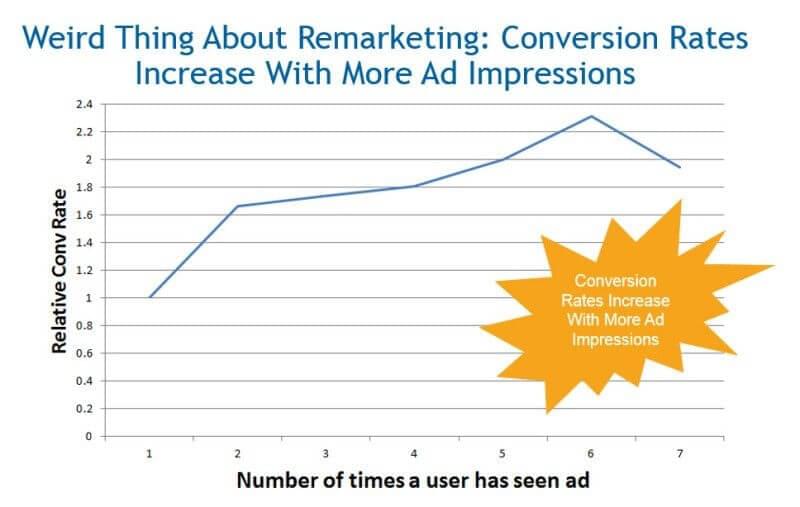

Let us review some of the biggest digital advertising trends that are shaping the present and the future.
1. Omni-channel marketing
The term “omni-channel” may be a marketing refers to a significant shift: marketers now need to provide a seamless experience, regardless of channel or device. Omnichannel marketing refers to the multi-channel sales approach that provides the customer with an integrated shopping experience. The customer can be shopping online from a desktop or mobile device, via phone, or in a brick-and-mortar store, and the experience will be seamless. Each piece of the consumer’s experience should be consistent and complementary.
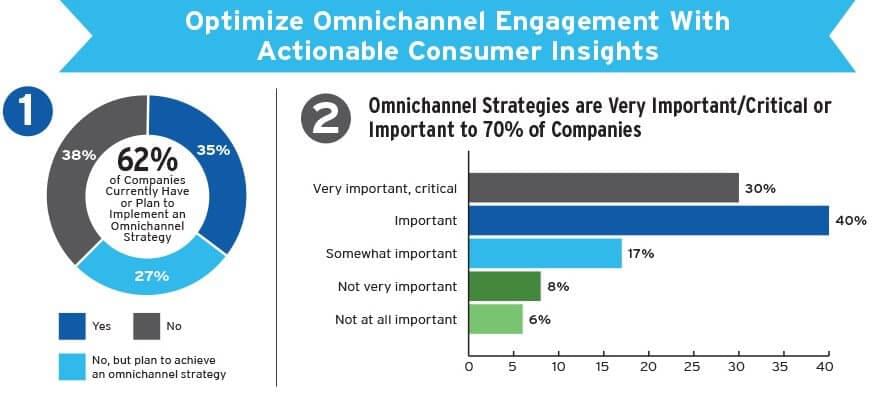
2. Outstream video
According to Teads, not many people knew about this ad format before last year. But already, 77% of agencies say outstream is going to be crucial to their clients’ success going forward.
Its speedy rise to popularity has a lot to do with annoyed internet users, competitive advertisers, and publishers looking to drive revenue. So what is it exactly?
Outstream video is a new type of ad format that allows publishers to show video ads outside of actual video players, in text line breaks for example, or the corners of a web page.
3. Chatbots
A chatbot is a computer program or an artificial intelligence which conducts a conversation via auditory or textual methods. Such programs are often designed to convincingly simulate how a human would behave as a conversational partner, thereby passing the Turing test.
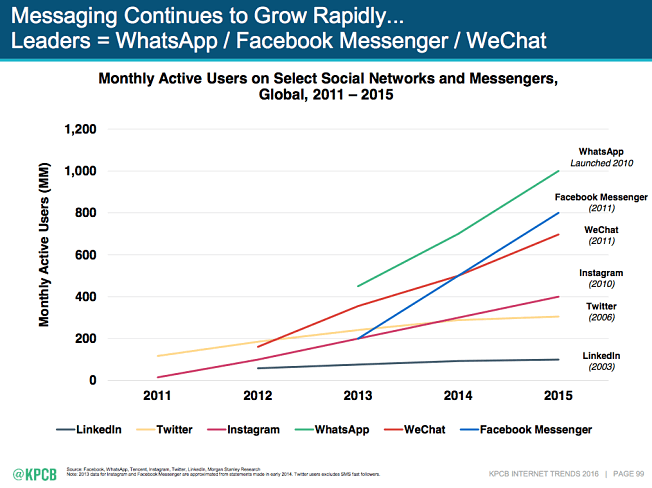
Some social networks such as WhatsApp, Facebook Messenger are already outpacing use chatbots and some experts predict, with a little help, they could even spell the end of search engines.
These chatbots — customer service agents introduced to Facebook’s messenger platform earlier this year at the social network’s F8 conference. Since then, 18,000 bots have been developed to help brands offer streamlined, individualized service through chat.
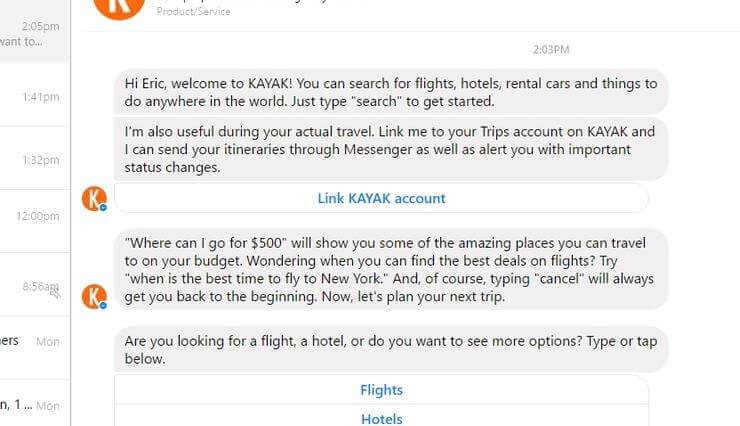
While Kayak’s bot is one of the best examples of chatbots’ potential, most brands have struggled to provide actual value with theirs.
4. Marketing automation
At a time when digital marketers have to be everywhere and track everything, marketing automation technology is a must-use. These tools save employees time while giving managers greater insight into what drives their business.
Today, nearly half of all companies use marketing automation technology, and 91% of the most successful adopters say that it’s “very important” to the overall success of their marketing across channels. Here’s how they’re using automation:
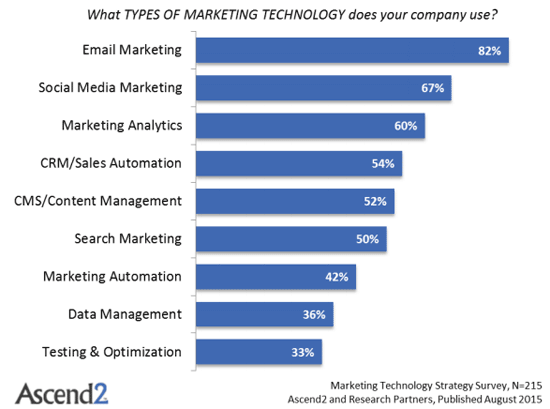
In social media, Facebook’s advertising tools help you target users based on which pages of your website they’ve visited. To track everything, Google’s free analytics platform is used by the best marketers in the business.
Among successful adopters, 63% say they plan to increase their marketing automation budget going forward. And to become successful? Experience is key, as 79% of top-performing companies have been using automation for more than 2 years.
5. Remarketing ads
Nobody likes remarketing ads. They’re creepy, annoying, and ineffective, right?
Not so, says Search Engine Journal. Data from their recent State of Digital Marketing report shows that 91% of search experts use remarketing and claim it’s an effective tactic:
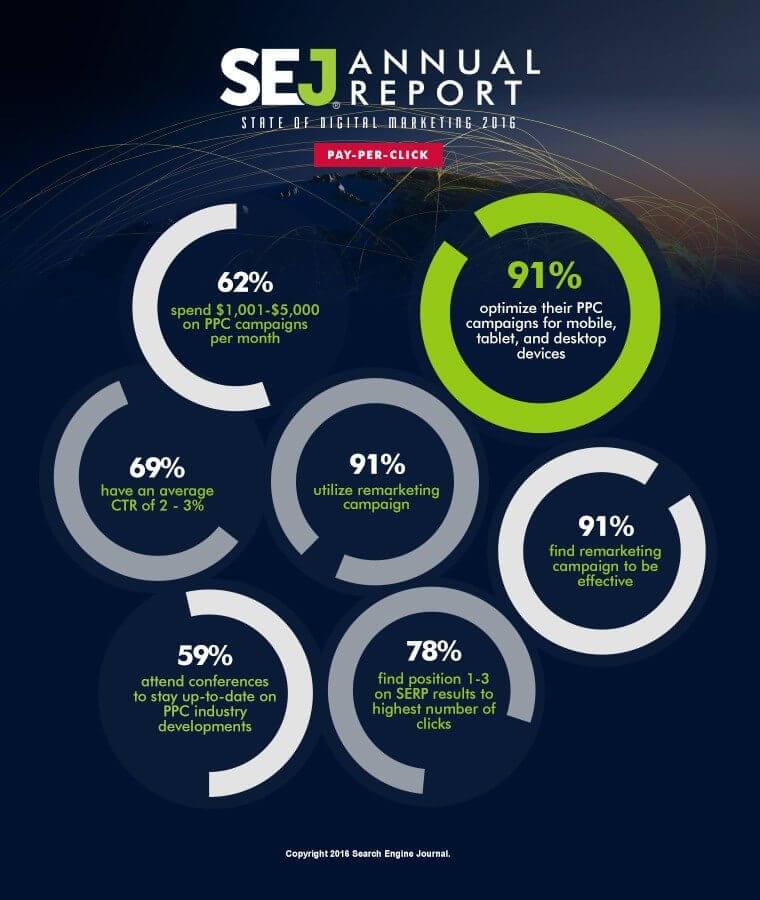
How could we say we’re creeping people out if research shows these ads fatigue at half the rate of normal display ads?
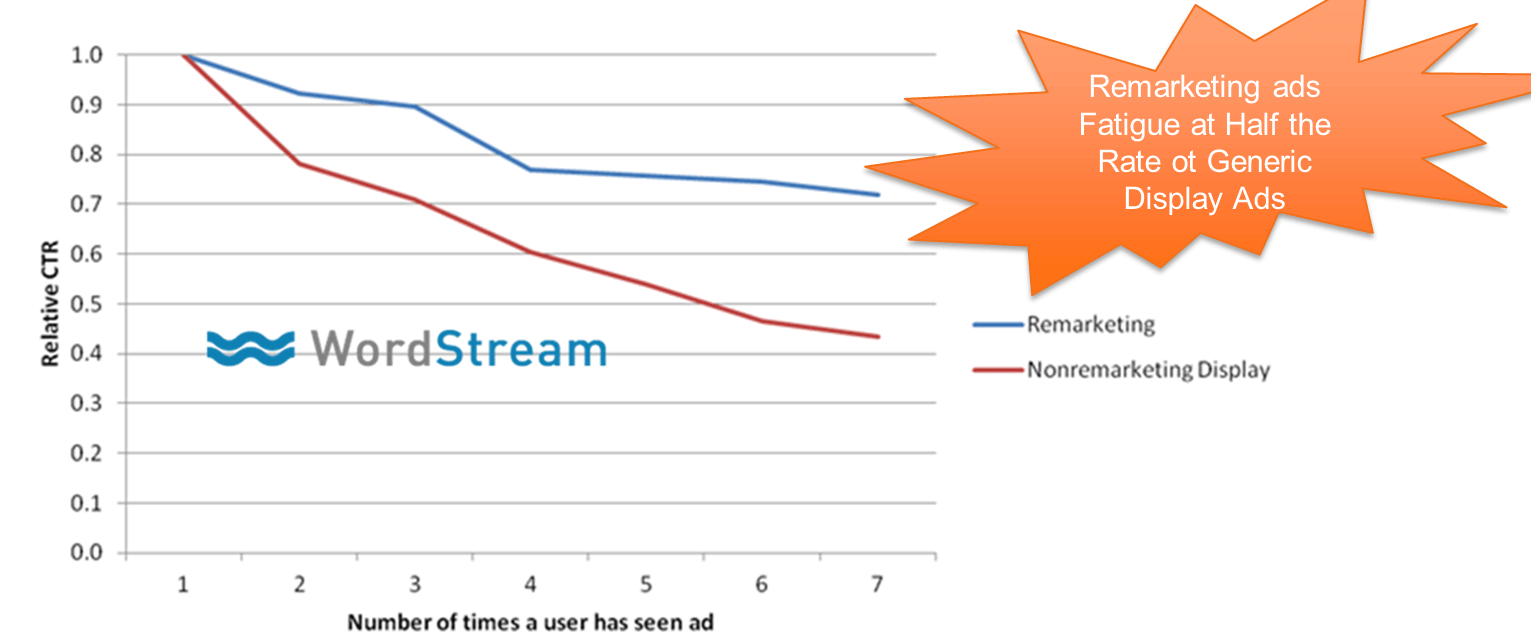
Its remarketing tactics have helped some big brands produce big ROI.
With remarketing, you can target prospects with ads who have viewed a particular product or certain web pages — providing a highly relevant and personalized user experience.


